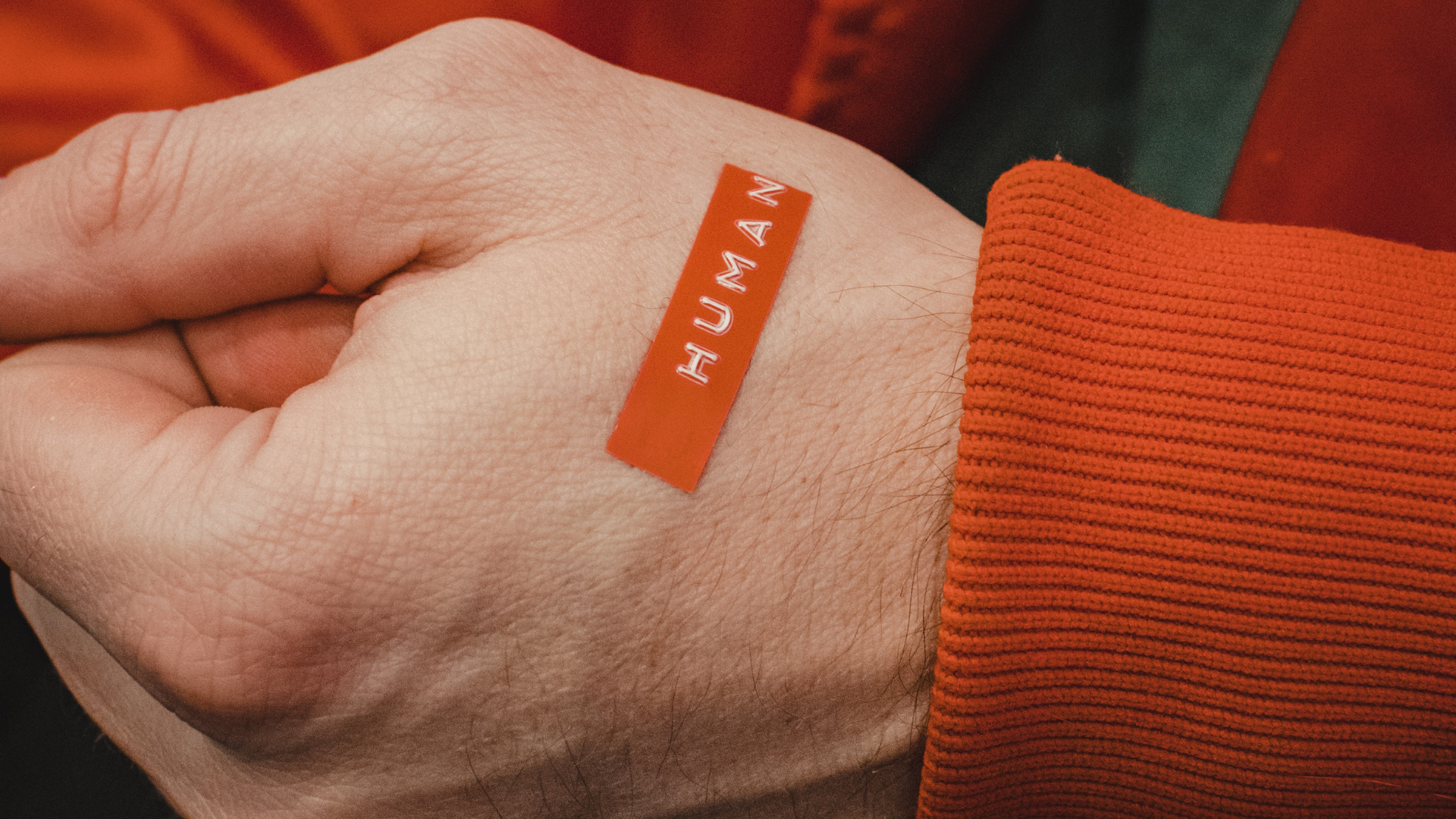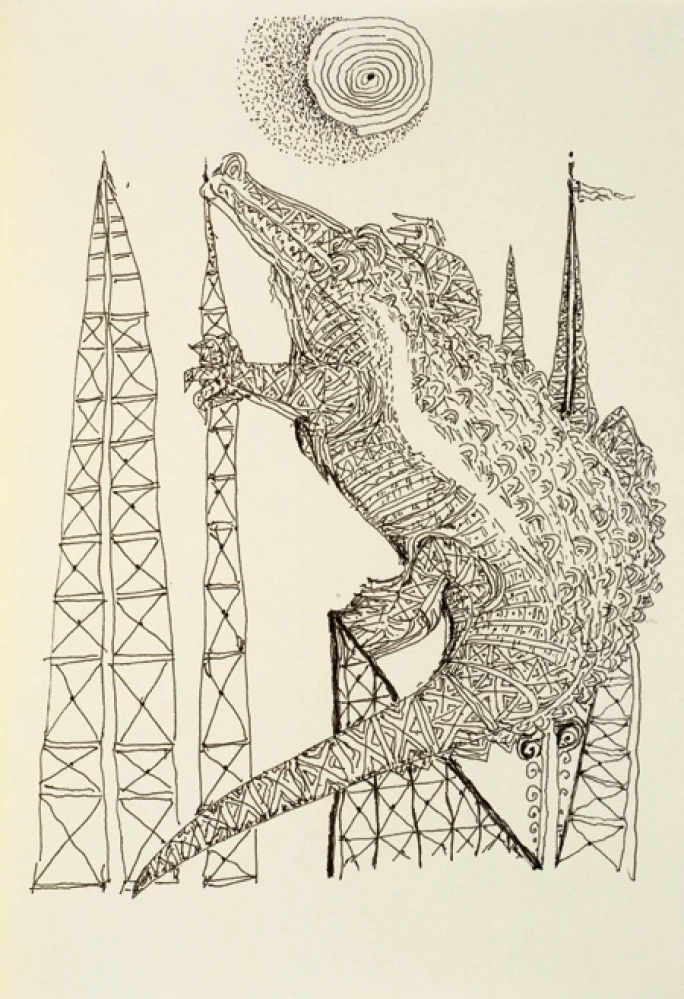The School of Cybernetics is a founding partner of the National Institutes Grant funded ‘ANU Institute for Water Futures’ (IWF), a cross-campus ANU initiative partnering with many of Australia’s key water research and agency groups including CSIRO and the Bureau of Meteorology. IWF’s mission is to lead research to understand change and enable action in Australia and beyond. IWF’s work will grow capabilities across the water sector to inform decisions that anticipate our increasingly complex and uncertain water futures.
The objectives of the Institute are to work collaboratively with stakeholders in government, community and business to:
- Grow new capability for future-oriented decision-making, including uncertainty, risk and opportunity.
- Build advanced understanding of water availability, dynamics, use and change from short to long term.
- Enhance collective understanding of the social, cultural, economic, and ecological values and politics of water governance.
- Co-design new opportunities for policy and practice through innovation and emerging technologies.
- Shape discourse on water futures by fostering constructive public debate.
- Foster the futures capabilities of water professionals through education, scholarship and training.
- Develop meaningful collaborative engagement with diverse communities for better water futures.
The School of Cybernetics is involved in a range of IWF initiatives such as developing cybernetic approaches to studying and engaging with water through researching the uses of advanced technology in water governance and sustainability. Recognising the importance of Indigenous knowledge, perspectives and cybernetic principles on water and responsibilities/relationships to Country is a key aspect of our approach. Within the IWF remit, the School of Cybernetics supports the editorship of the Australasian Journal of Water Resources, a multi-disciplinary practice-based journal of Engineers Australia.
To read more about IWF, please visit the Institute for Water Futures website.
To learn more about this project contact: Prof Katherine Daniell and Hannah Feldman.


